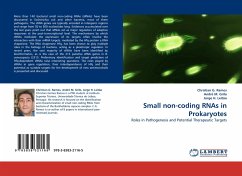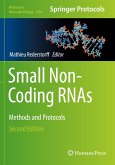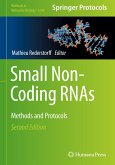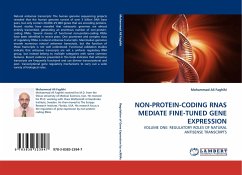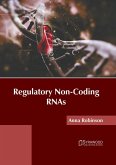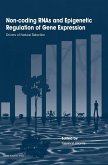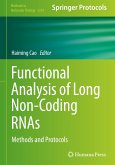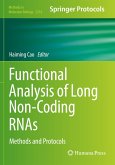More than 140 bacterial small non-coding RNAs (sRNAs) have been discovered in Escherichia coli and other bacteria, most of them pathogenic. The sRNA genes are typically encoded in intergenic regions and range from 50 to 500 nucleotides long. Evidences accumulated over the last years point out that sRNAs act as major regulators of adaptive responses at the post-transcriptional level. The mechanisms by which sRNAs modulate the expression of its targets often involve the interaction with their mRNA targets, mediated by the Hfq protein a RNA chaperone. The RNA chaperone Hfq, has been shown to play multiple roles in the biology of bacteria, acting as a pleiotropic regulator. In recent years, the vast majority of sRNAs have been identified by bioinformatics, as is the case of the 213 putative sRNA genes in B. cenocepacia J2315. Preliminary identification and target prediction of Hfq-dependent sRNAs raise interesting questions. The roles played by sRNAs in gene regulation, their interdependence of Hfq and their potential as suitable targets for the development of new antimicrobials is presented and discussed.

